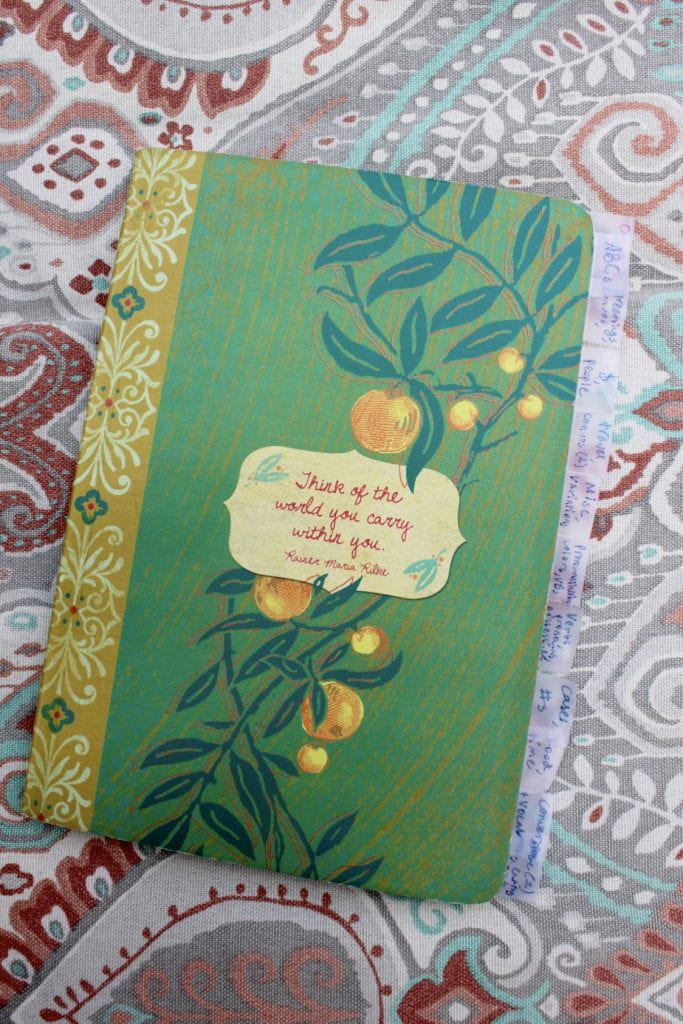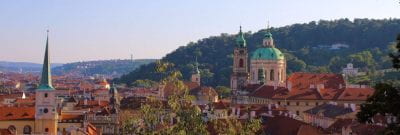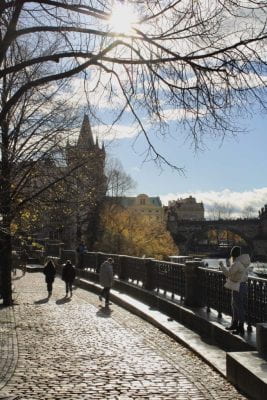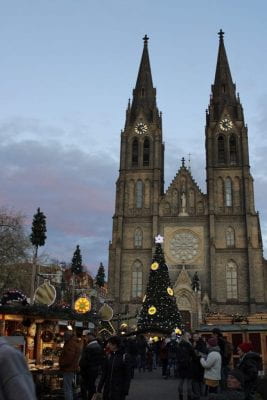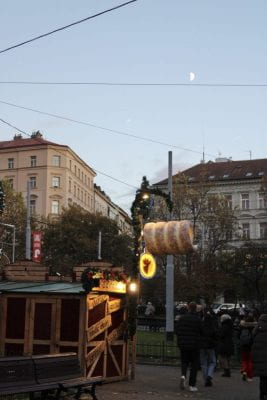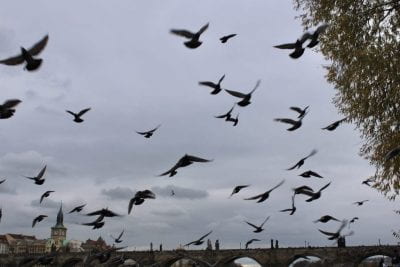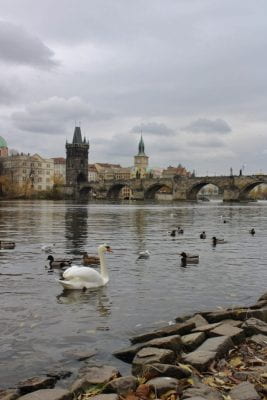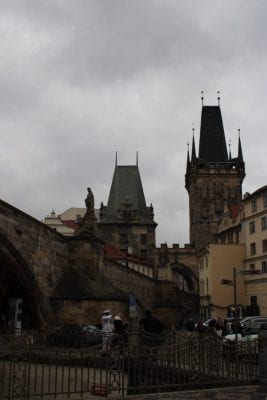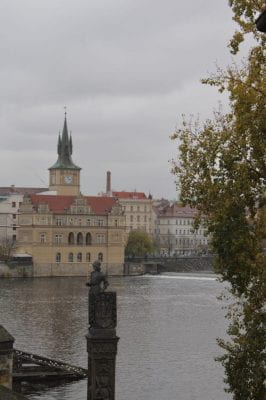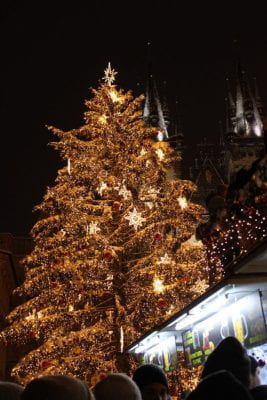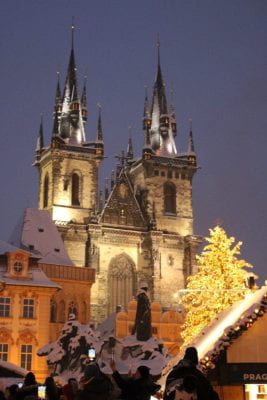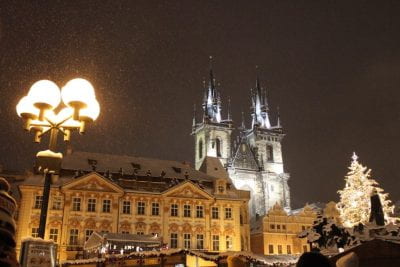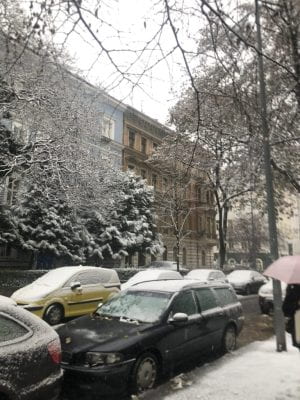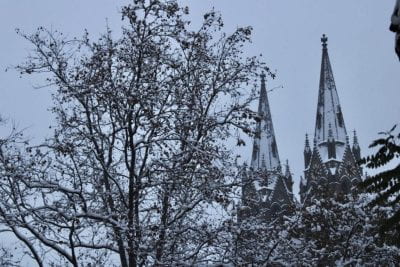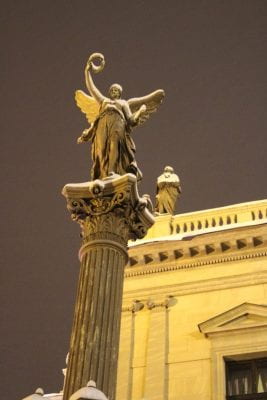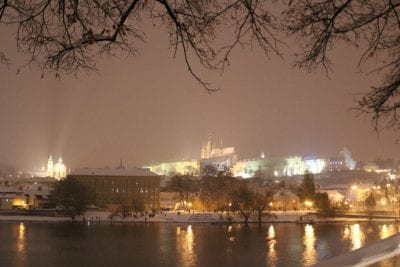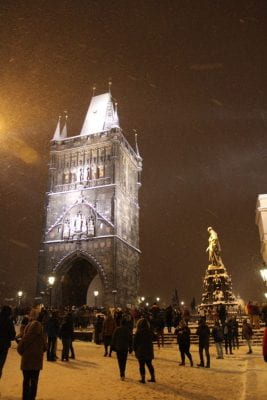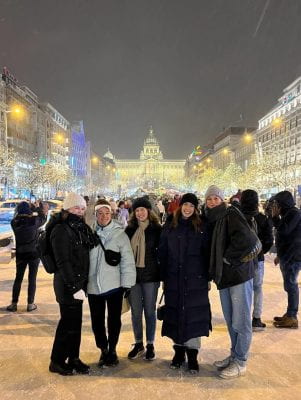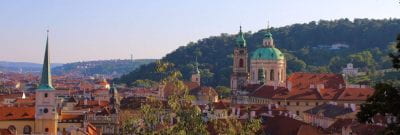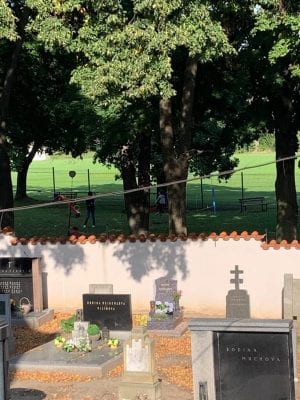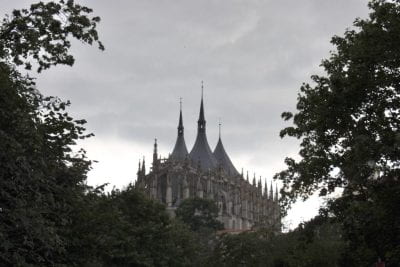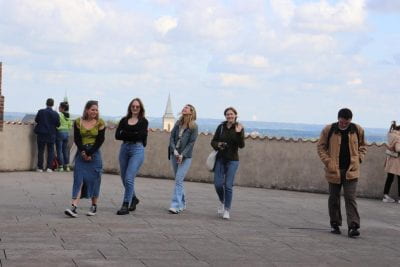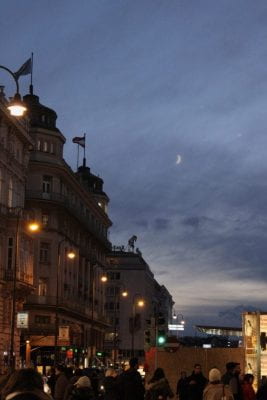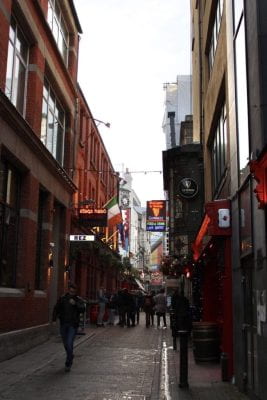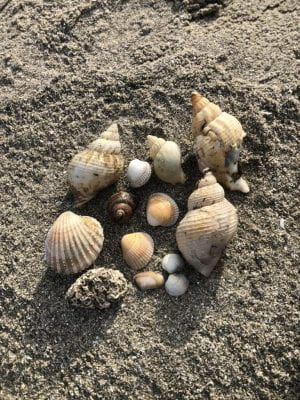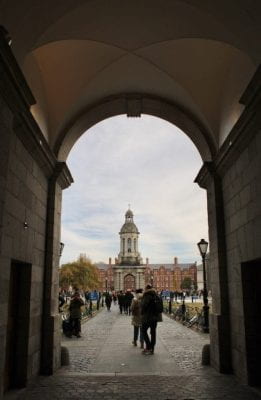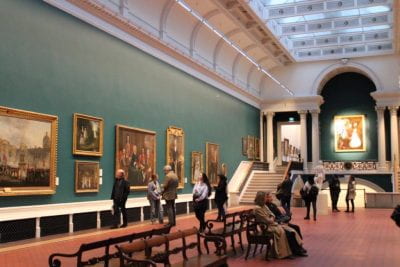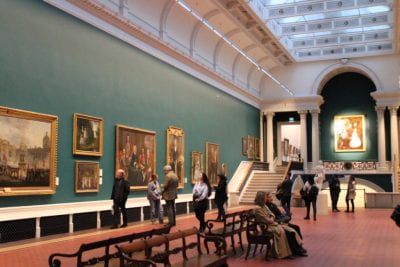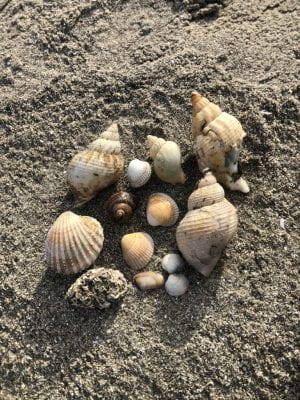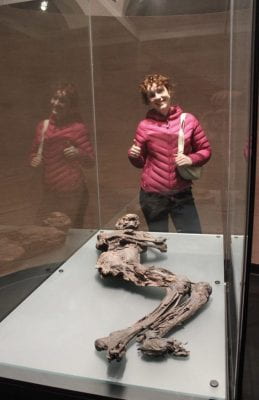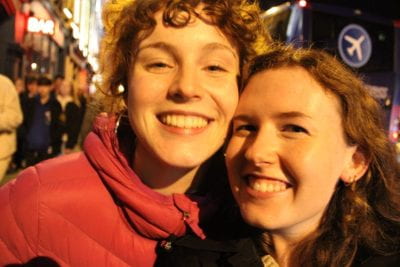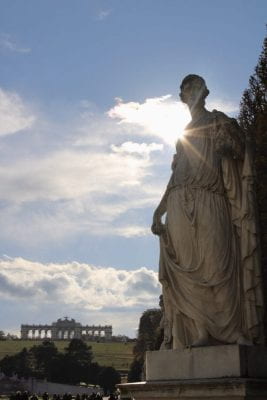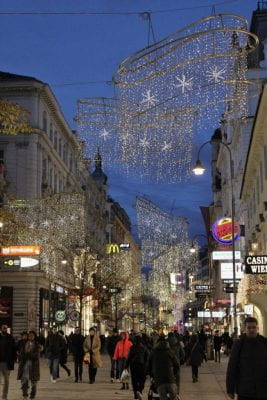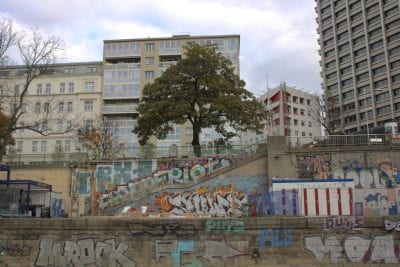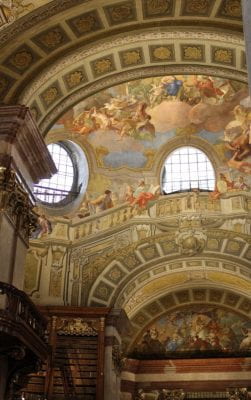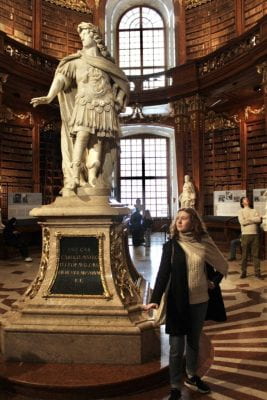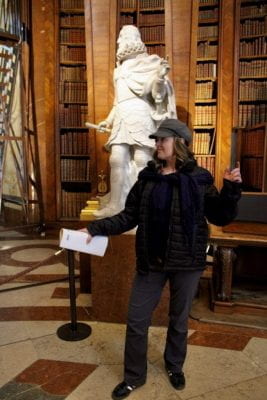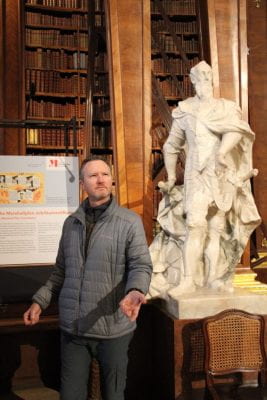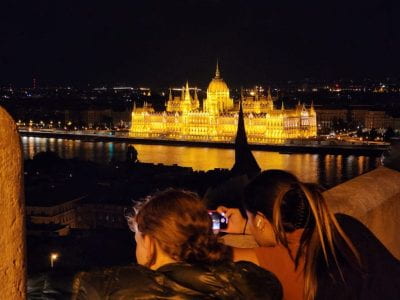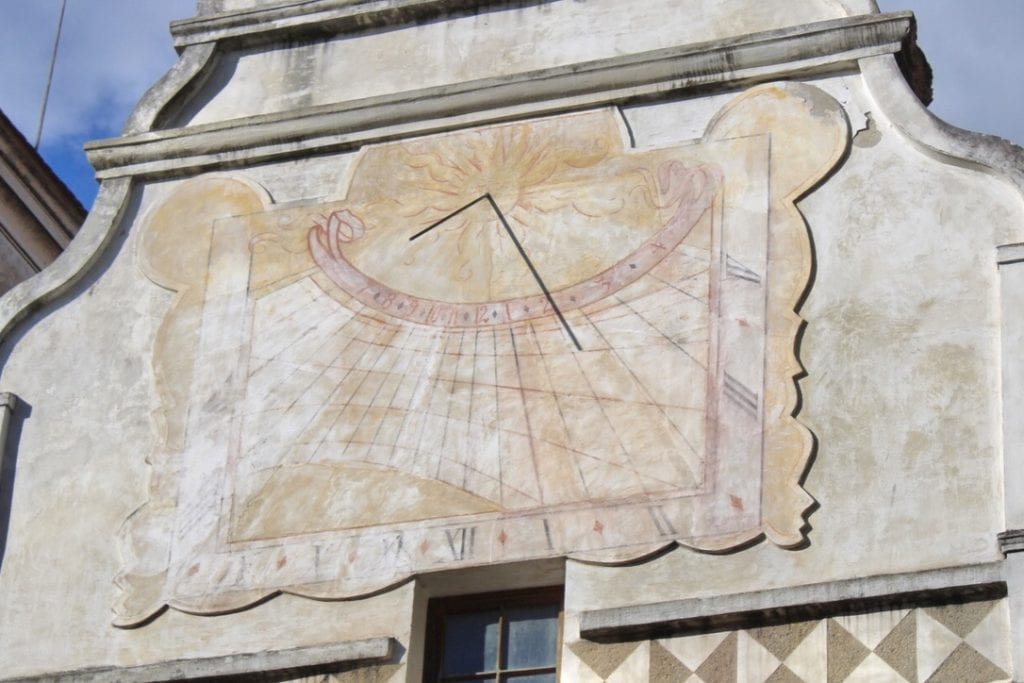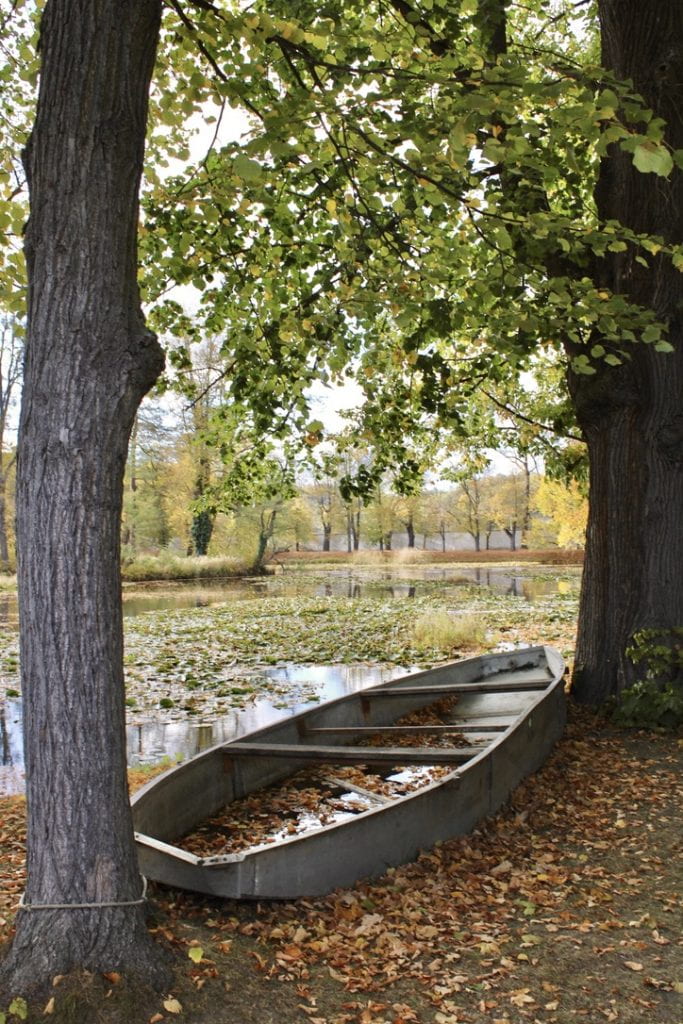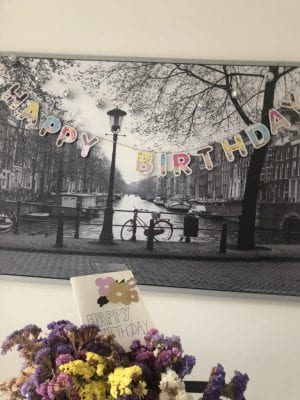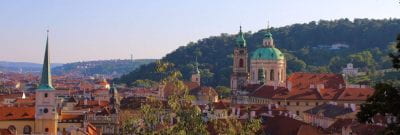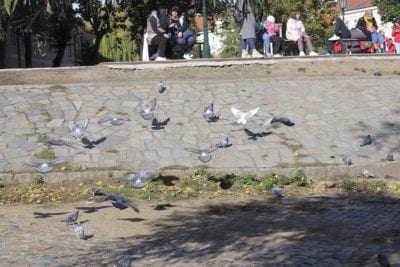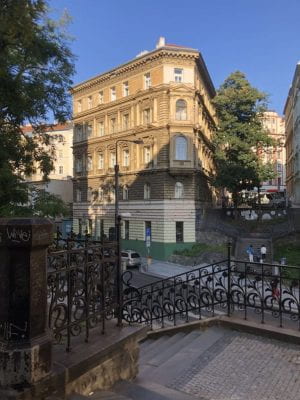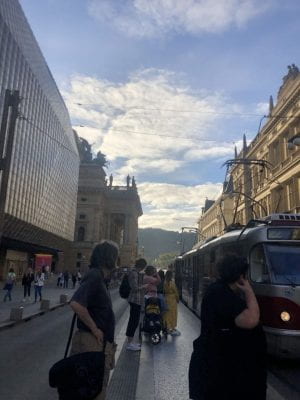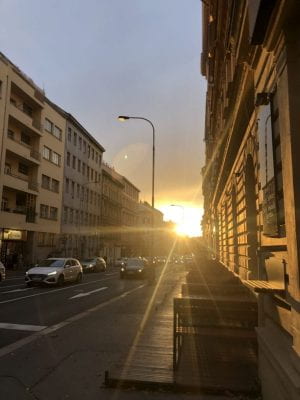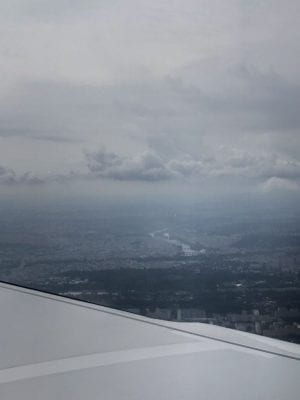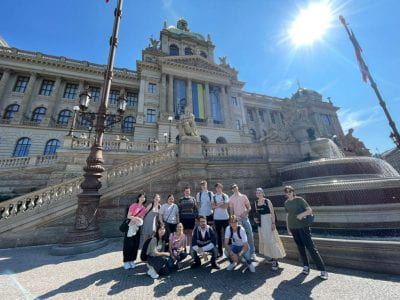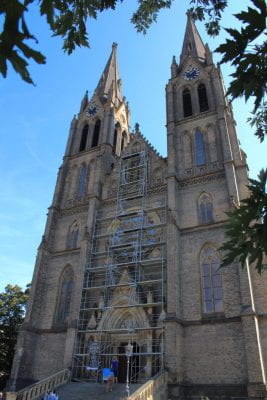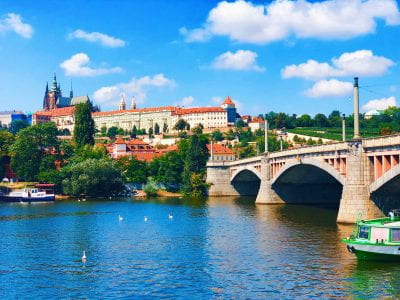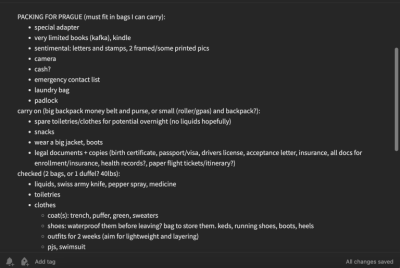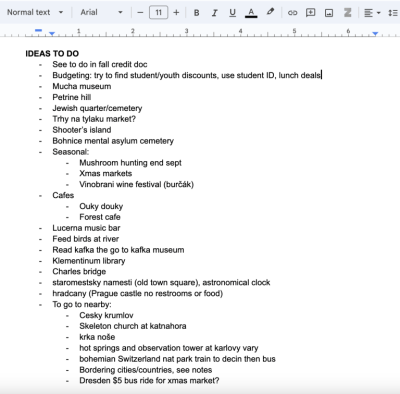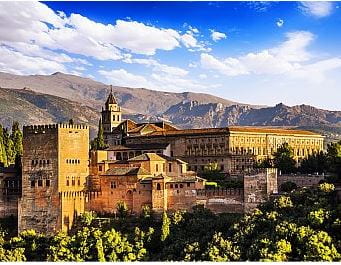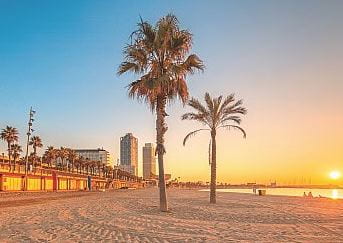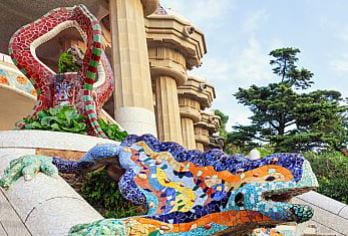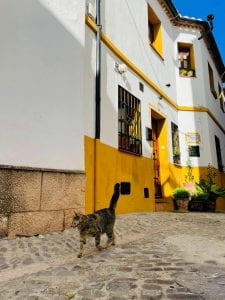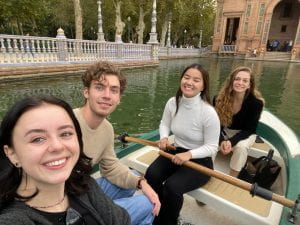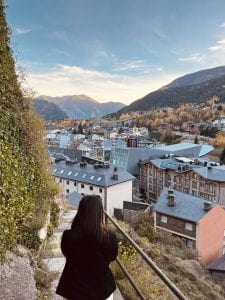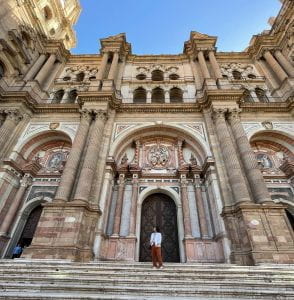After four months, I’m back home.
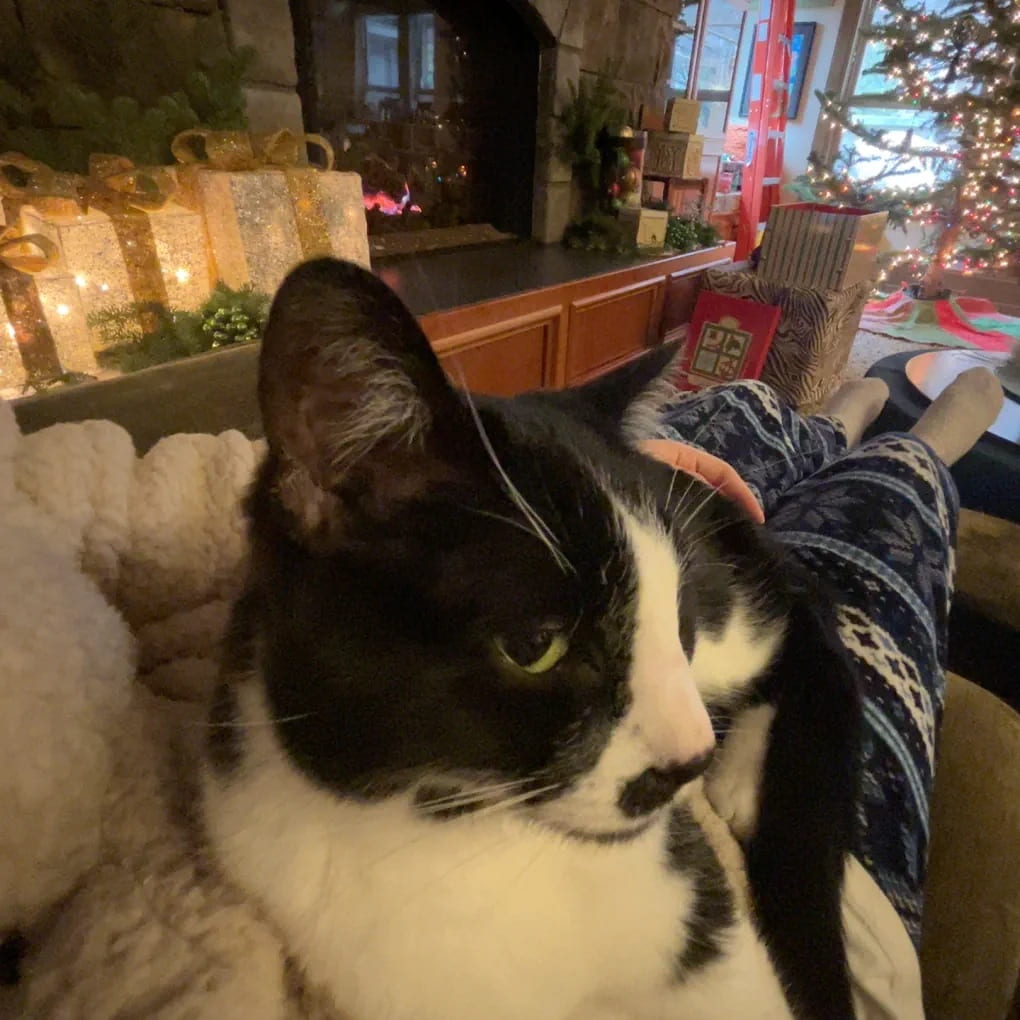
It feels so comforting to be back in my old room, to be with my family, and to have a few weeks of unproductive mindless downtime before going back to school. I expected to feel very sad after leaving Prague, and I do miss my friends from UNYP, but I am mostly happy to be home. The glow of all my happy memories from the last few months has kept me feeling grateful, not sad.
This last blog post is what it says in the title—an epilogue, and a reflection on the whole semester abroad.
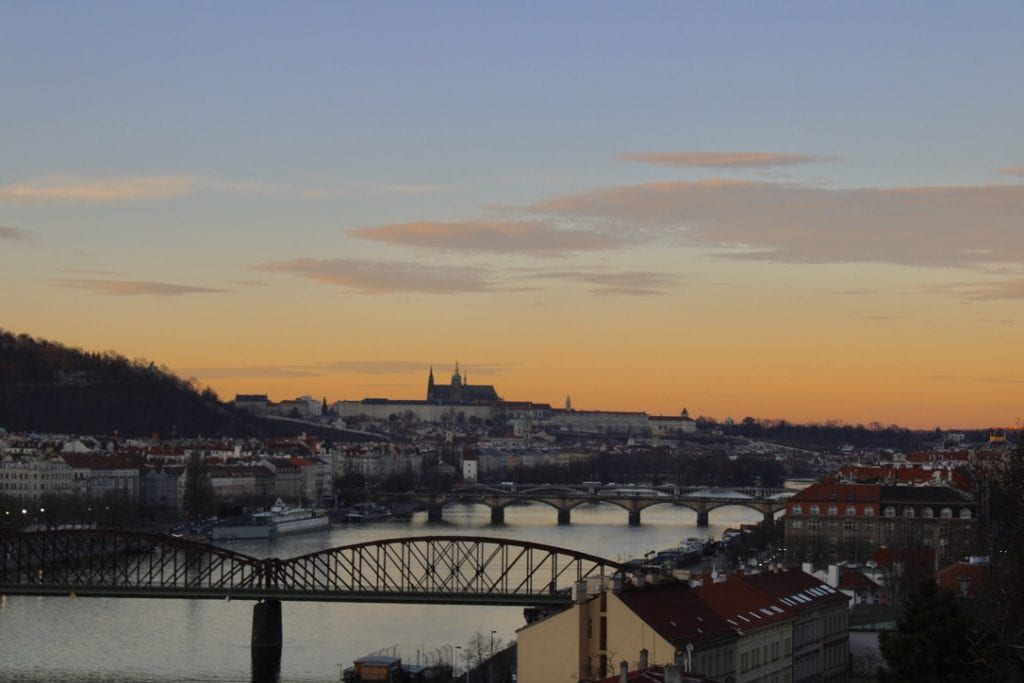
From WWU’s travel writing program writing prompts:
If I had the chance to go back in time, I would probably do almost everything the same way. I might have tried a little harder to look for an affordable program at Charles University, but my experience at the University of New York in Prague was fine. One thing I could have definitely done better was getting to know people who weren’t studying abroad. Almost all of my friends were only staying in Prague for a semester, and I neglected the chance to talk to full-time students in class. It’s hard to definitively list more things I wish I had done differently, because I know that I did the best I could with the time that I had. Sure, I could have been stricter in my plans and fit more Prague sightseeing into my weeks, but that may have taken away from my ability to be present and spontaneous. I could have spent more time with my friends, but that may have burned up my social battery.
In the future, I would like to travel abroad again. I may not study abroad again, since I graduate after next year, but I think another semi-long-term trip abroad is possible for me (ex: peacecorps). On the other hand, I’ve realized that I really like my home, and I found it hard to be away from my roots. Because of this, studying abroad has shown me that I don’t want to live abroad for a long time period. One semester was the perfect length for me. I know that my experience living abroad for several months will help me in any future trips abroad, and for that I’m grateful.
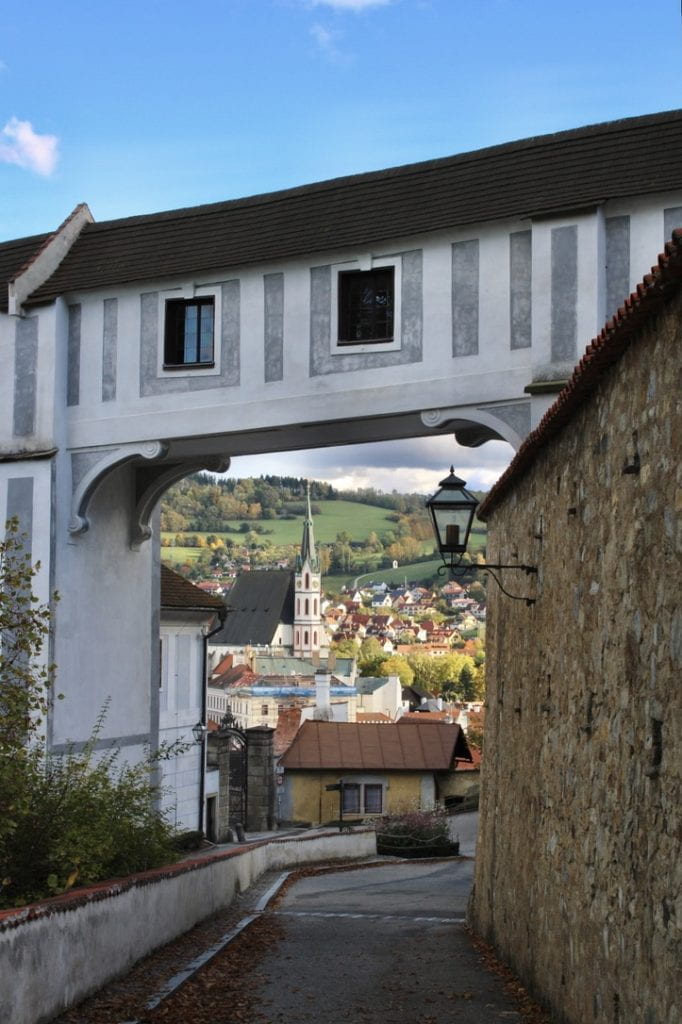
Main takeaways:
I’ve recorded my biggest takeaways in this blog throughout the semester, so to get their full scope, I’d recommend looking at what I’ve written over the last few months. Here are some of my most notable takeaways that I’ve written about, and where to find them:
- It was useless to try to fit my experience into a mold of “tourist” or “local,” because studying abroad occupies a unique space between both. (see “I speak English like it’s my second language”)
- School was not my most important responsibility. (see “Settling in“)
- I required balance between the unending social opportunities and resting alone time–I needed to be okay with not doing everything possible. (see “Settling in…“, “Mid Program: A day in the life“)
- Europe is not always better than America. (see “I’m not sure how to like my peers“)
- Traveling with positive expectations allows for more positive experiences. (see “A weekend in Budapest“)
- The semester, especially the middle of it, flew by quietly, but it was still full of valuable experiences. (see “The blur of the middle“)
- One’s host school is a very important part of the program, in addition to the host location. (see “Settling in” and “I’m not sure how to like my peers“)
- You can’t change everyone’s minds even if you disagree with them. (see “I’m not sure how to like my peers“)
- Learning the basic greetings and everyday phrases of your host country’s language is extremely valuable–but the things I learned beyond that were rarely used. (see “Logistical tips for studying abroad“)
- There’s only so much comfort you can get from an impermanent living space. (see “Preparing for re-entry“)
- The little things are the things I will miss most. (see “Preparing for re-entry“)

Vignettes
One prompt for this post-program post was “What has this experience meant to me?” I think meaning is shown well through memory, so to sort of answer that question, I’ll record some of my favorite memories from this fall.
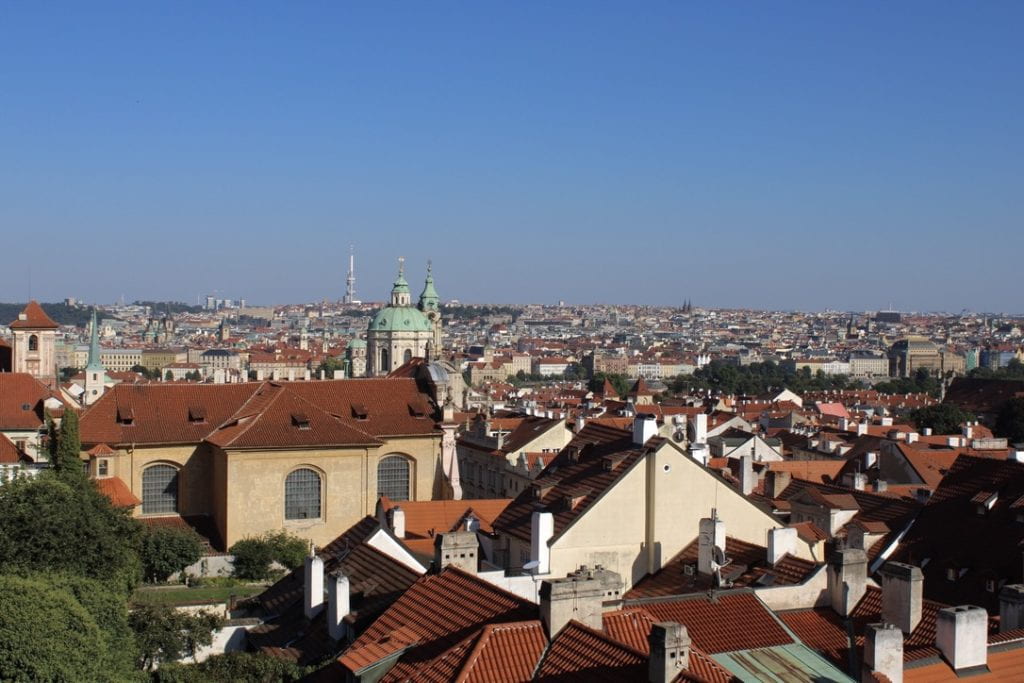
^ A group of strangers, soon to be friends, stand with me on the walls of Prague castle. We look out over the orange and green expanse of Prague’s skyline, feeling like we have all the time in the world to explore it.
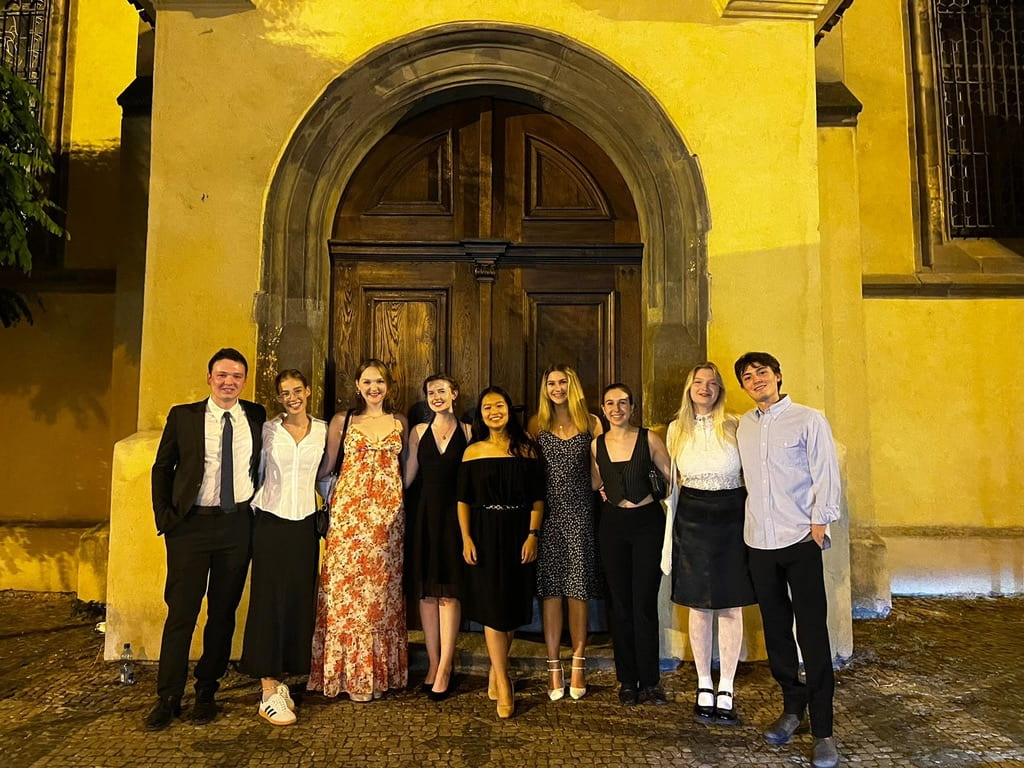
^ My roommates and I walk together in the arched gothic halls of the St. Agnes Convent, in our fanciest outfits, before listening to a string quintet as part of Prague’s Dvořákova festival. Some of us have wine glasses in our hands, and our hushed voices mingle with the clicks of our heels in the echoing rooms.
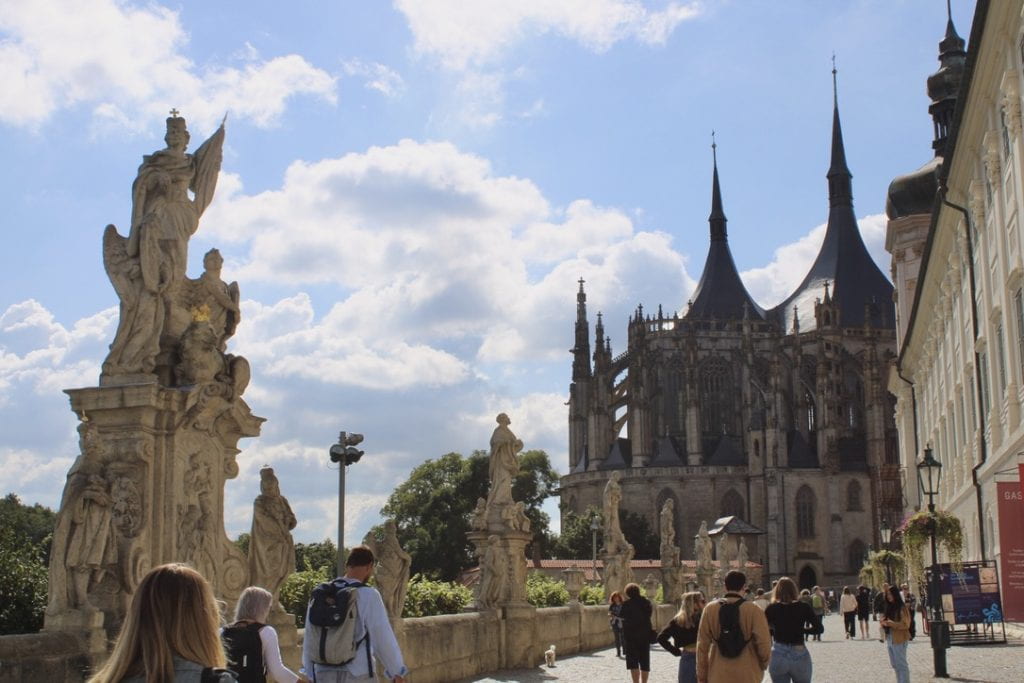
^ The spired cathedral crowns the hill above us as we follow an overgrown cobblestone path down to the creek. A cat follows us. We’re not in a rush; we have all day to meander through the town of Kutná Hora. For once, the sunlight’s warmth is welcome as we shiver against the first breezes of autumn.
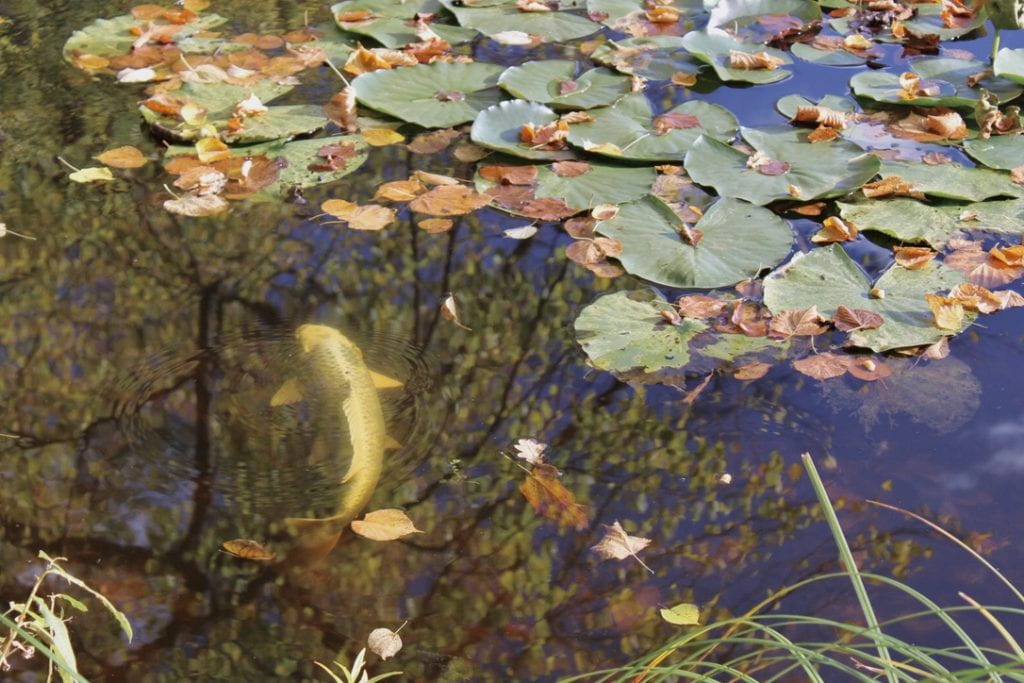
^ I sit with my friend at the edge of a pond, which we found in the midst of a sprawling wooded park. While admiring the light on the water, we gasp as a golden koi drifts out from under the lily pads and glides around us. Once it leaves, we sit for a while longer, talking softly and enjoying the reeds and swaying trees.
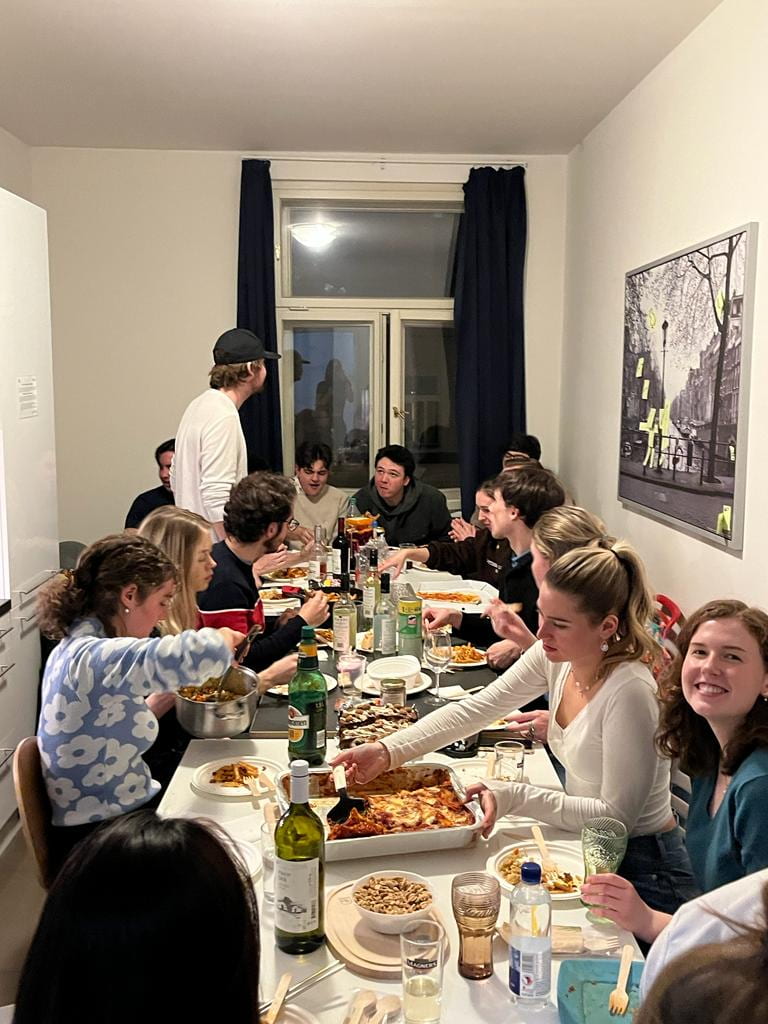
^ It’s hard to hear ourselves think over the waves of chatter and laughter flowing across the table at our friendsgiving potluck. But that doesn’t stop us from continuing happy conversations with the people next to us—leaning close to share jokes and loudly compliment every homemade dish. I enjoy Sea’s pasta, and no one can get enough of Todd’s lasagna.
^ After weeks of rehearsal, the school choir that “adopted” me performs our winter concert. My friends (and their friends) take up two full rows of seats, and I feel proud to be sharing our festive music with them. The Czech Museum of Music is built so that every note and chord reverberates through the space, echoing after we finish singing.

^ Captivated, bordering on reverential, I listen to Hozier’s “Cherry Wine.” The whole audience sings along, and our voices are so indistinct that they merge into one. An unspoken connection tethers us all for a moment until the song ends.

^ Reflections of streetlights glisten on the waters of the Vltava as I walk along the bank with my friends. Prague is frosted, and quiet, as if the snow muffles the busy city. A faint fog seems to bring everything closer. We wander around, half believing ourselves to be in Narnia.
Photo Recap
I’ll end this post with some of my favorite pictures from this semester. I’ll make them from most to least recent, just like my Photos page, because that way we can end this blog with the beginning. I always like a good circular ending—don’t you?



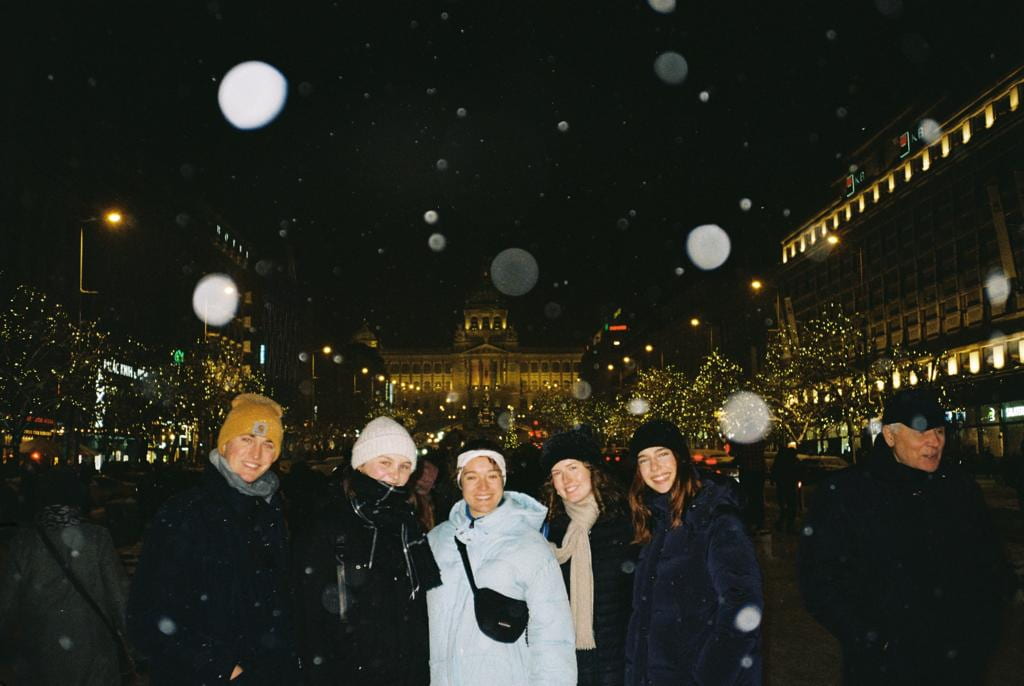
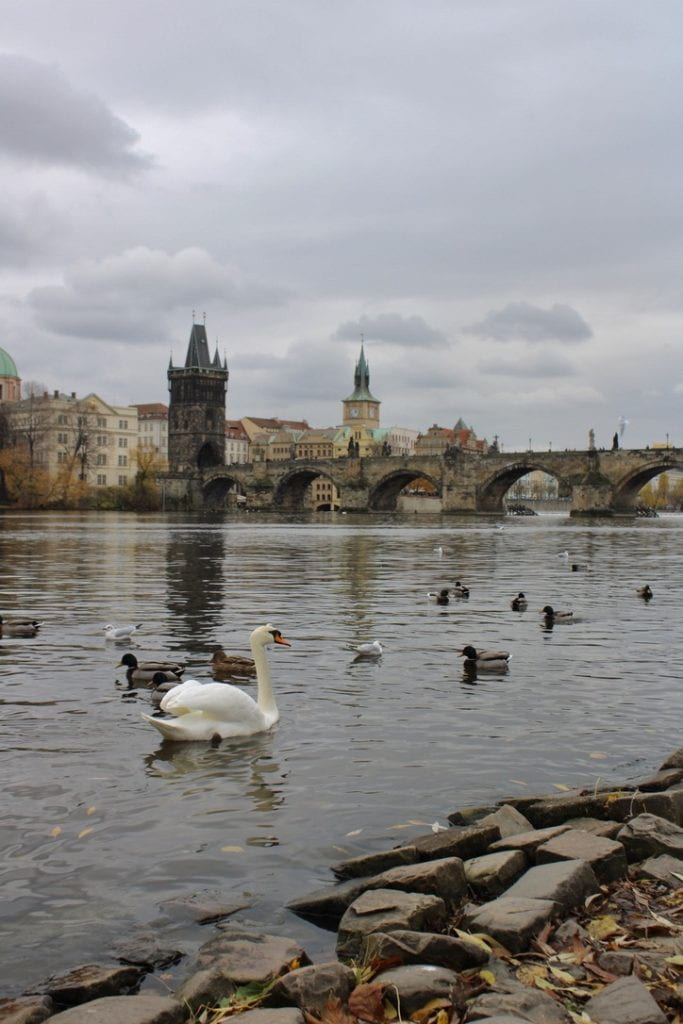
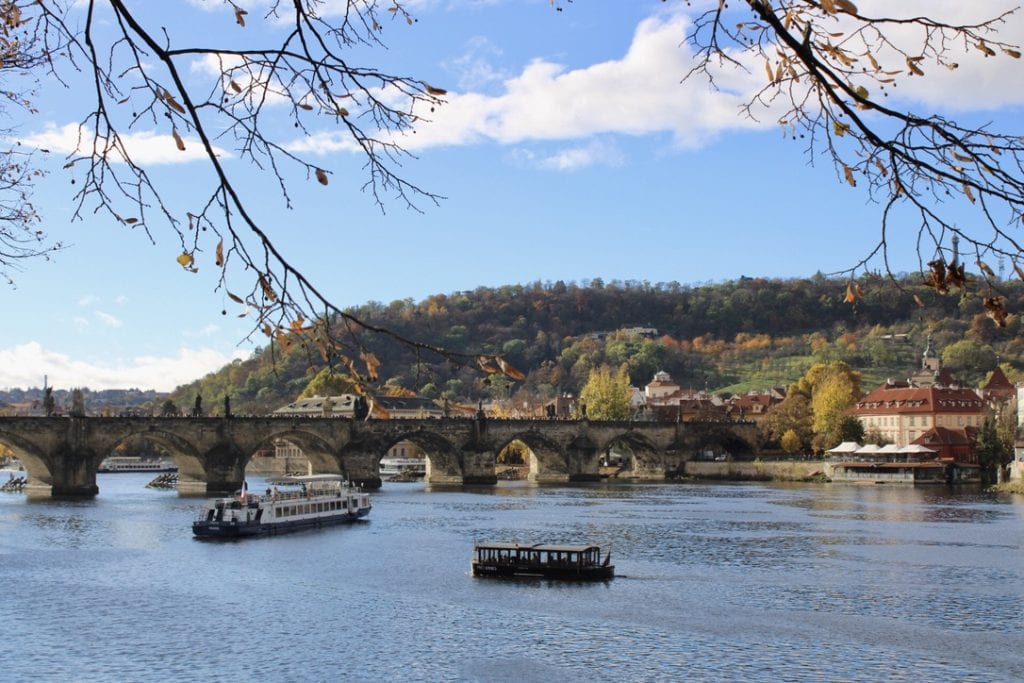
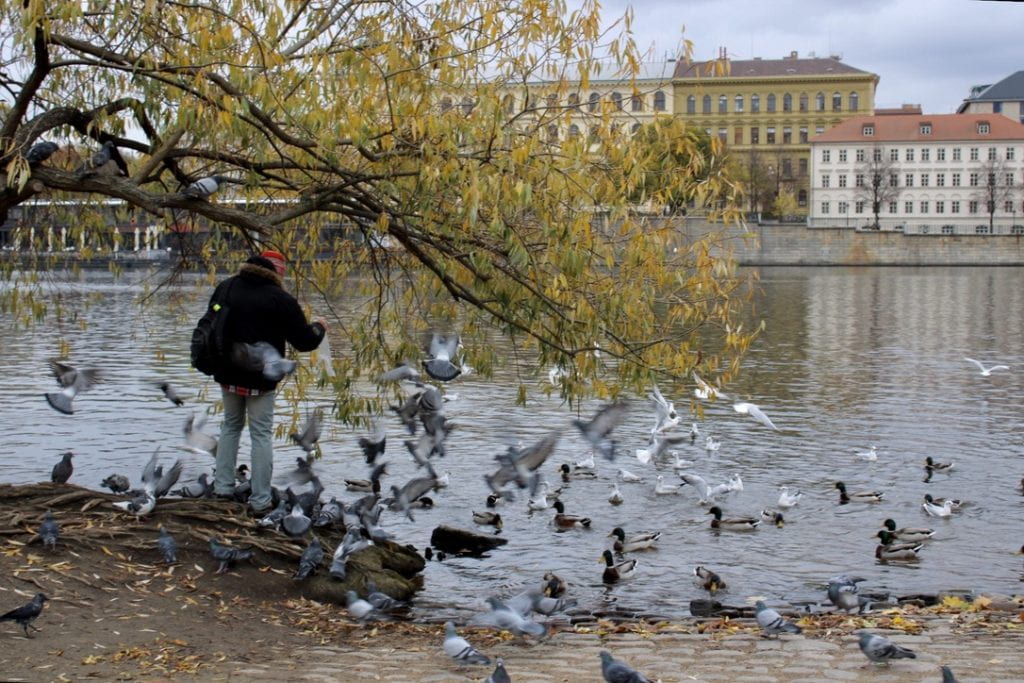
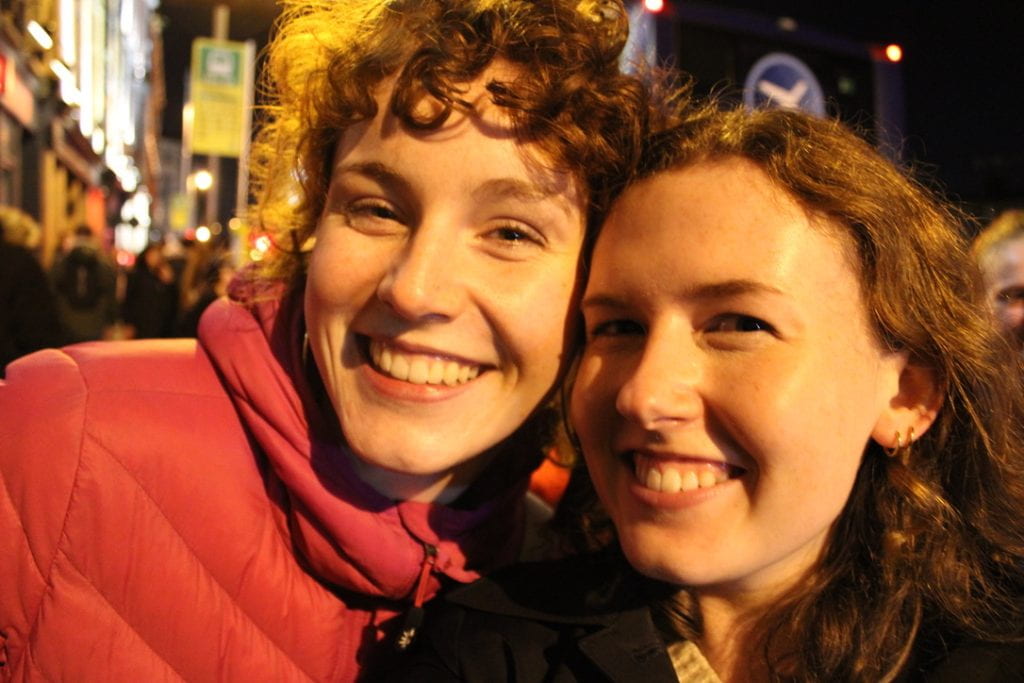
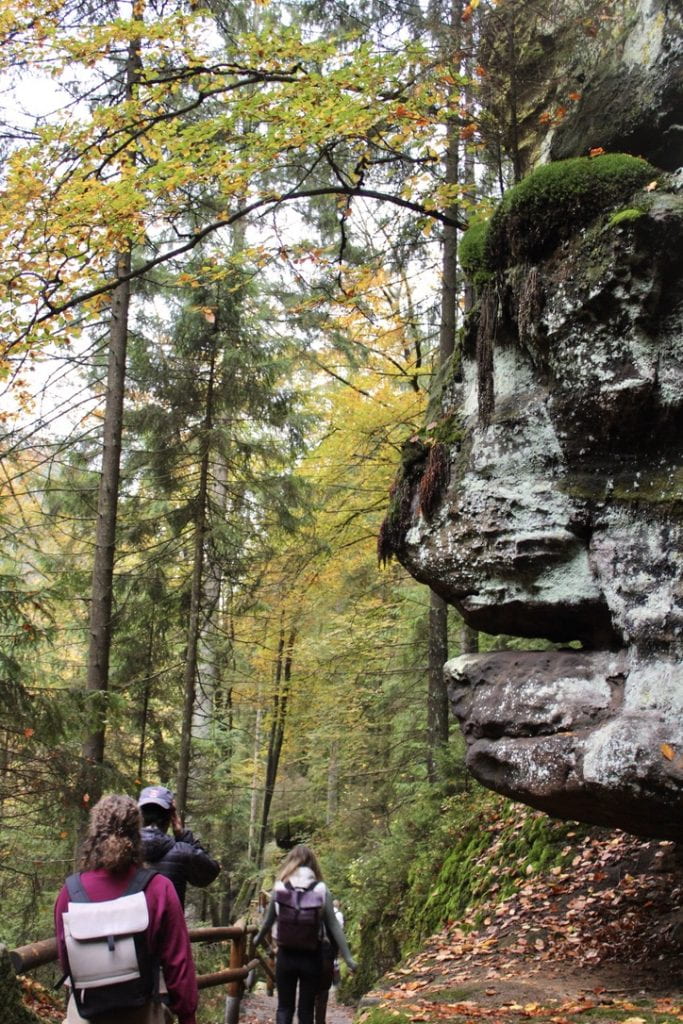

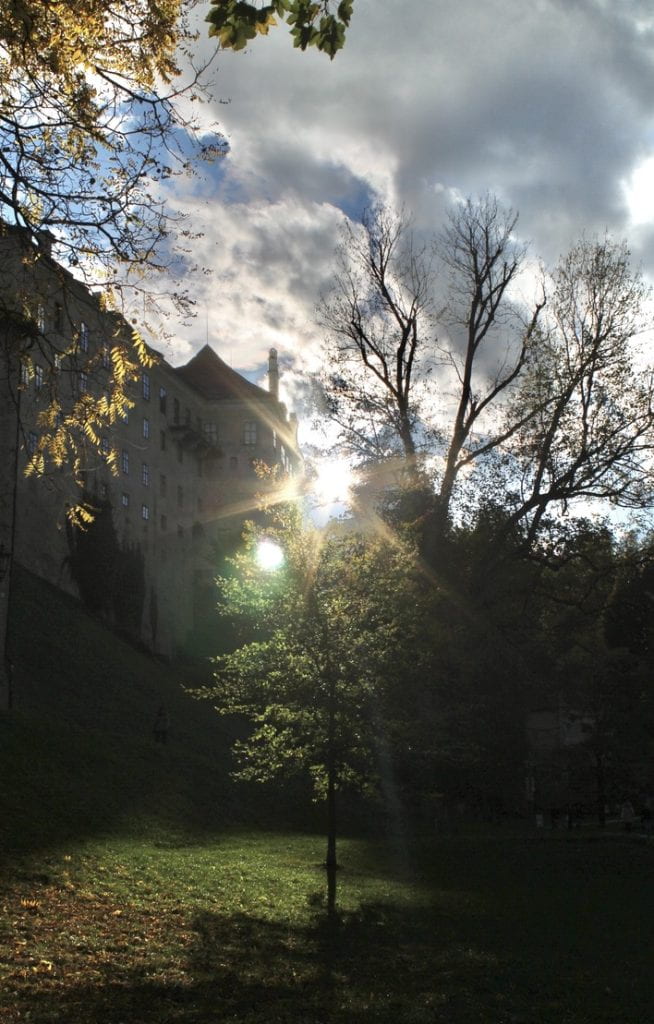
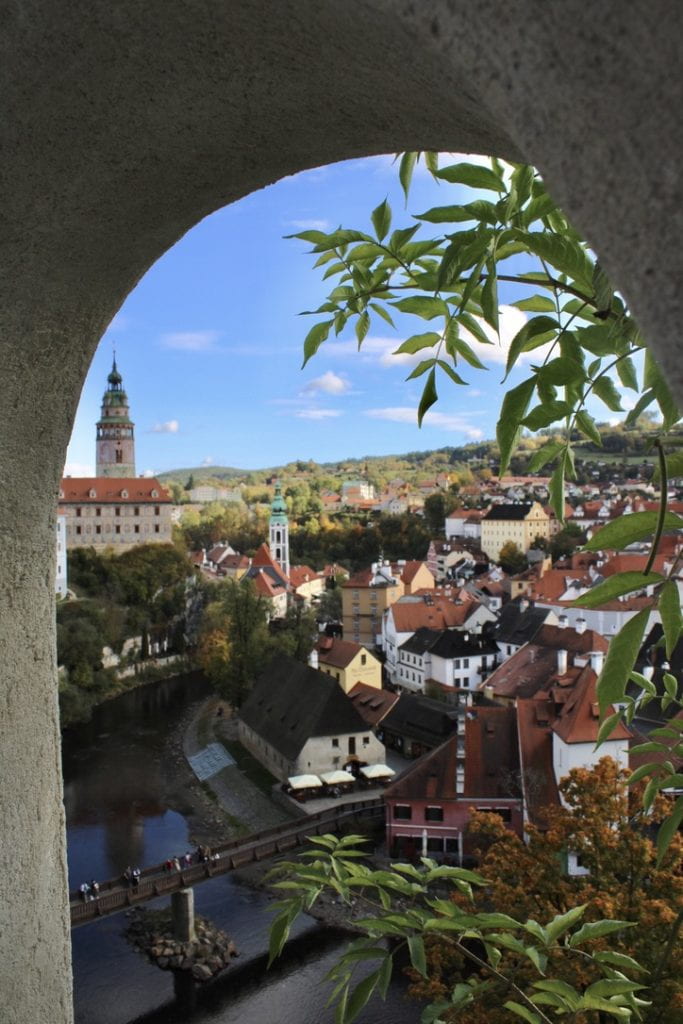

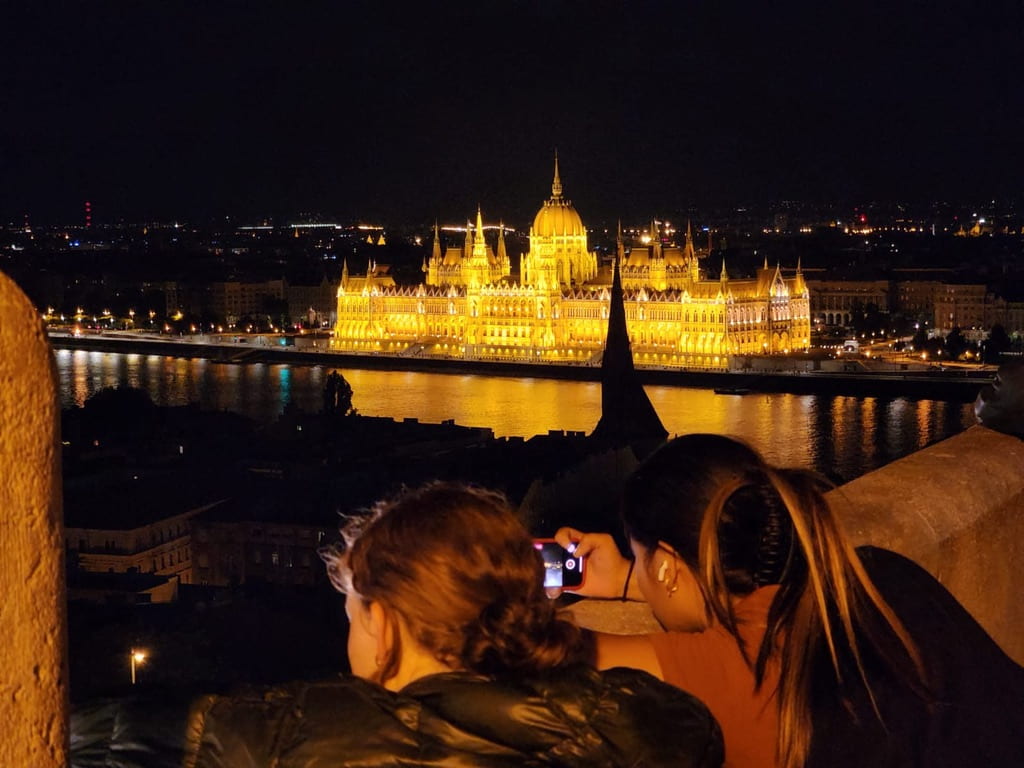
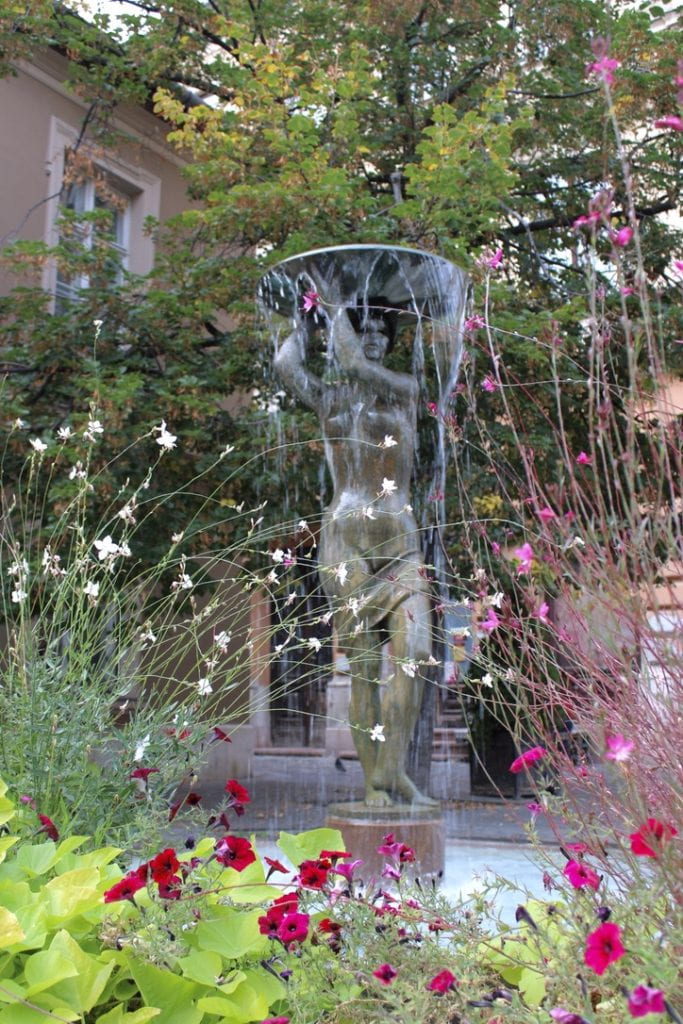
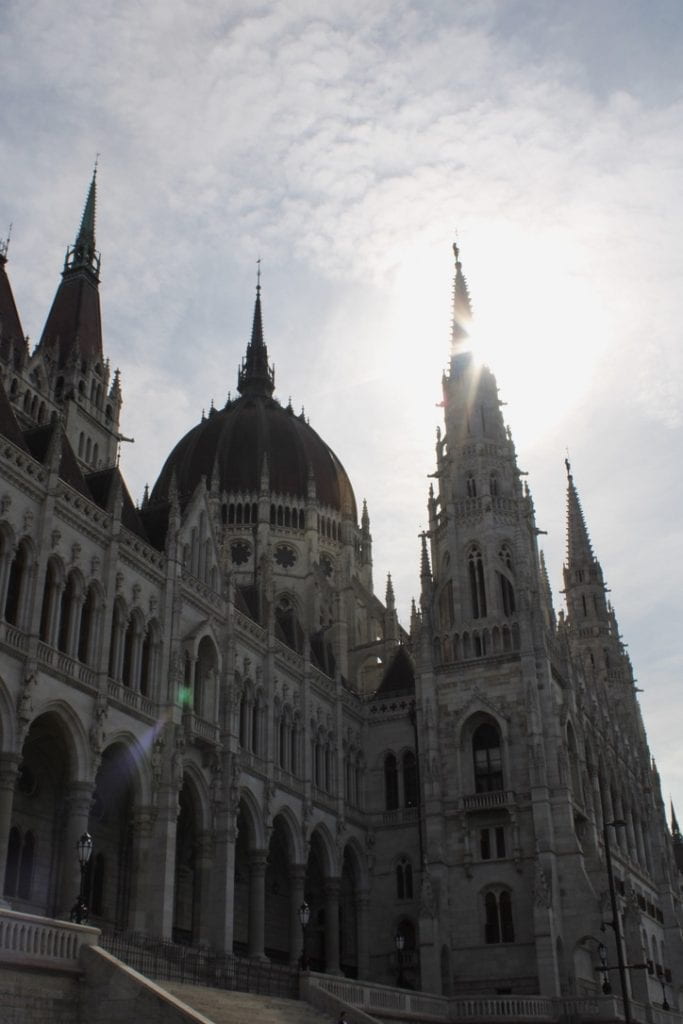
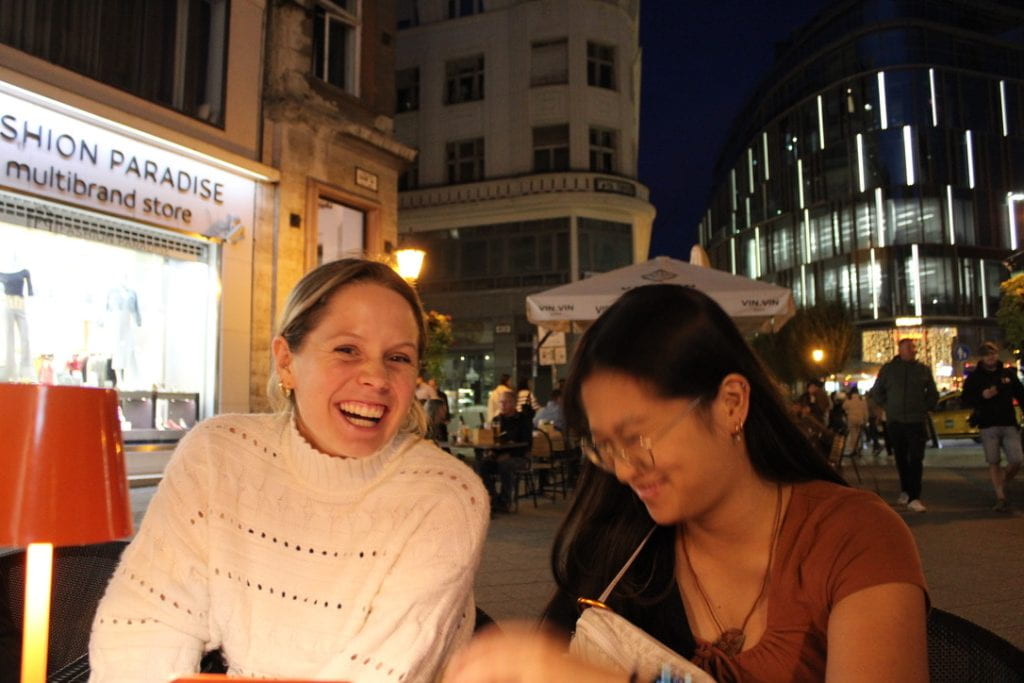
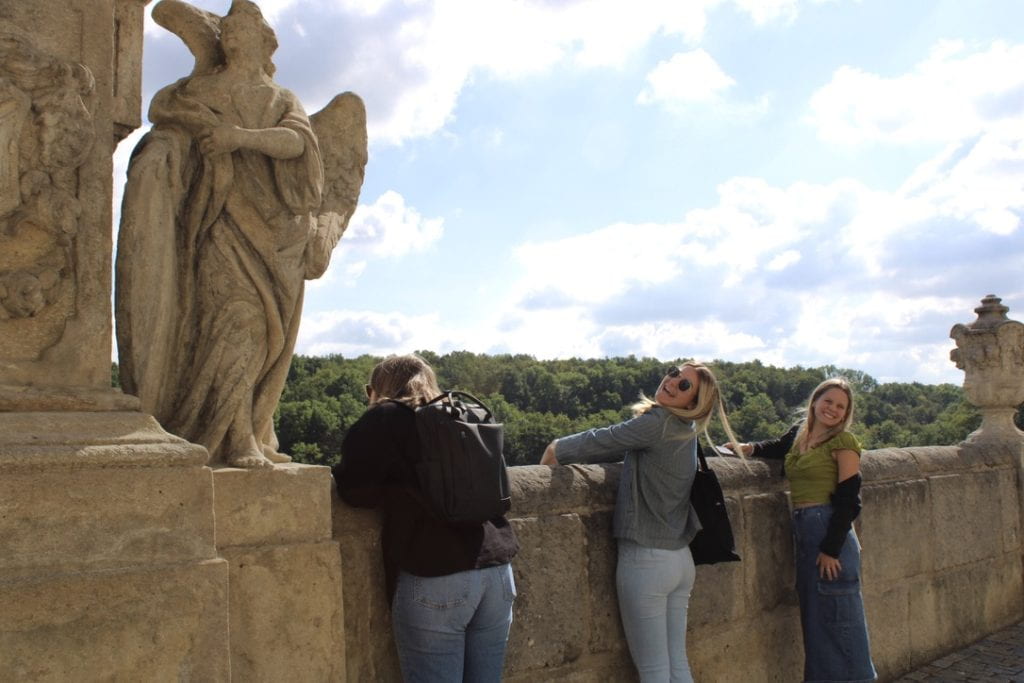
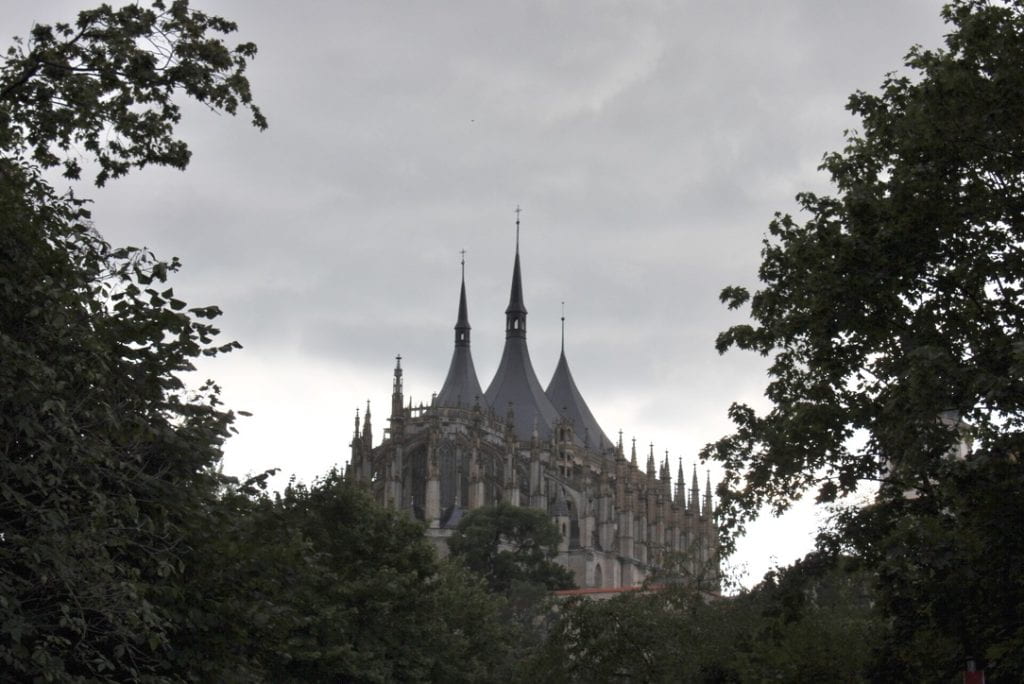
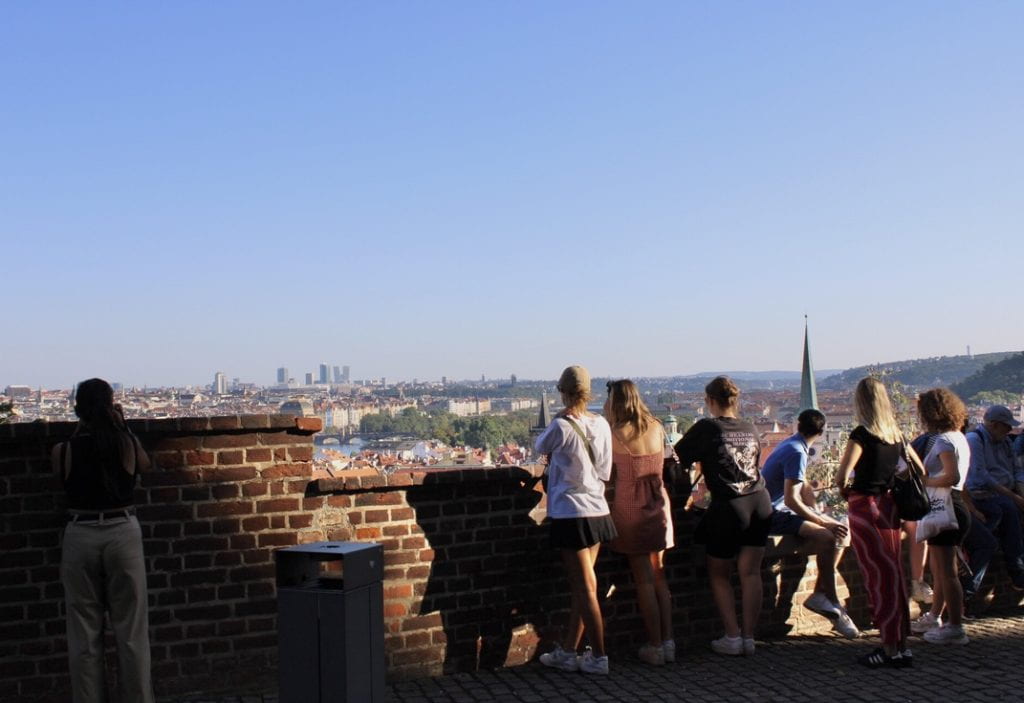
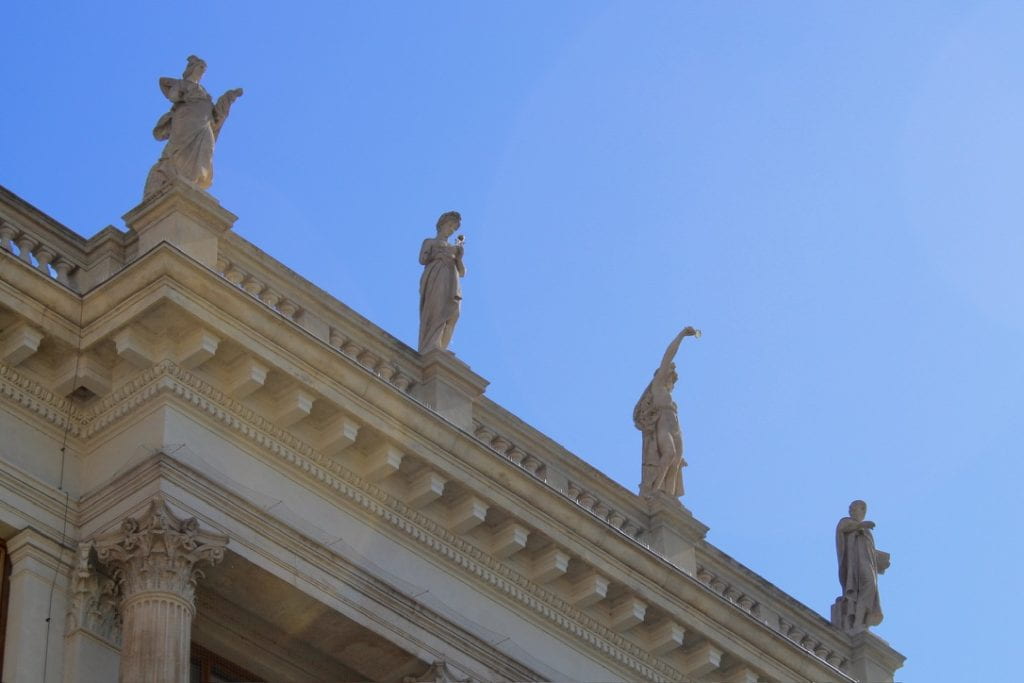
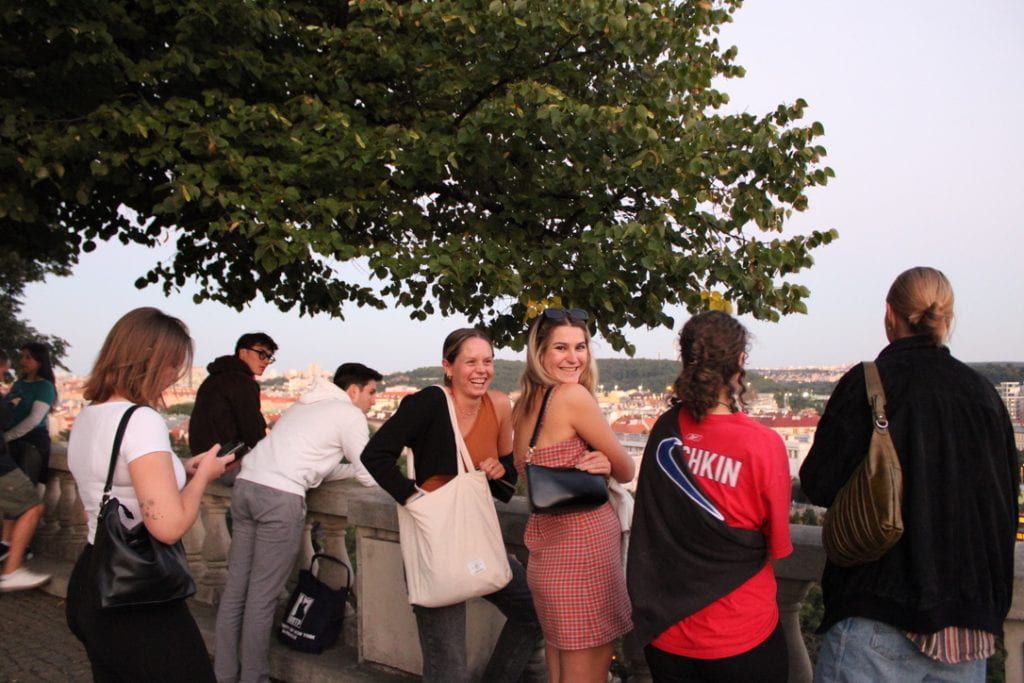
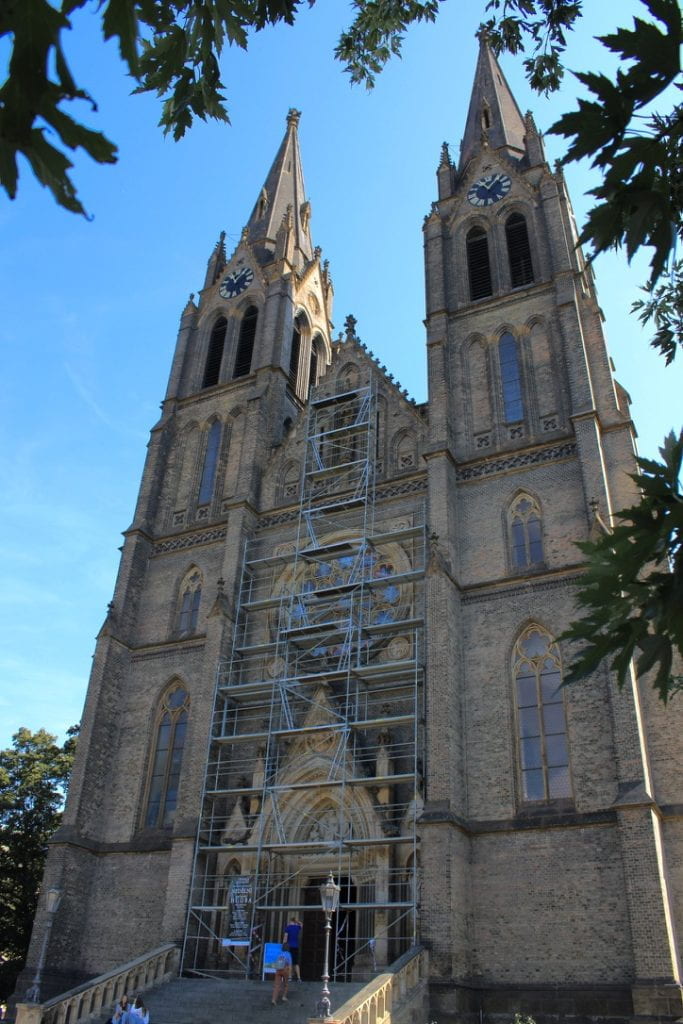


Dear reader, thanks for staying with me through this whole post, and for the whole saga of my travels! It means a lot.
Now that we’re officially done: Goodbye Prague! Until next time, na shledanou.


